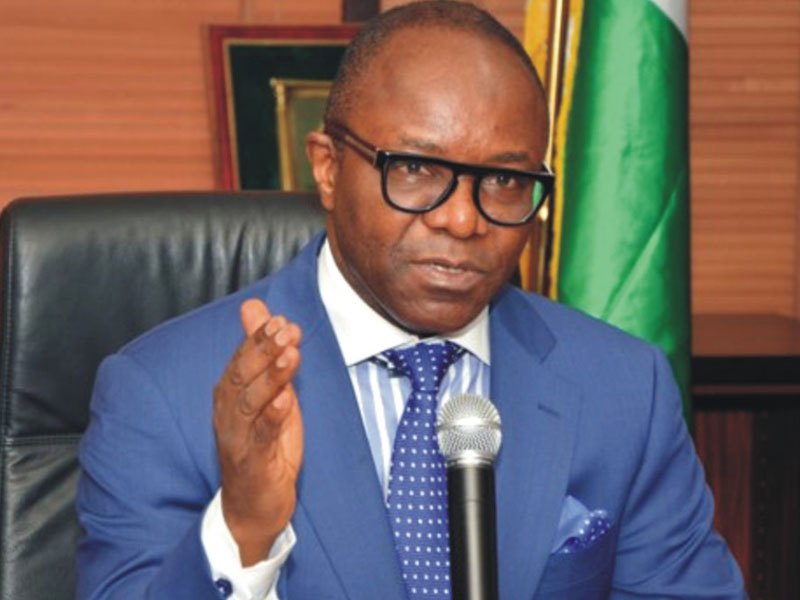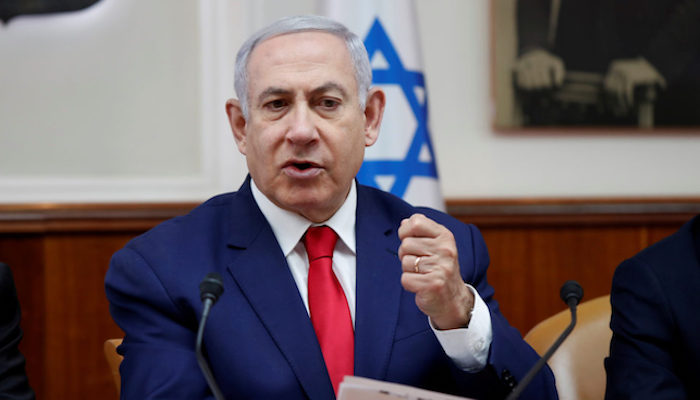
Minister of State for Petroleum Resources, Mr. Ibe Kachikwu, yesterday, stated that Nigeria’s crude oil output had risen to around 1.9 million barrels per day.
Kachikwu also disclosed that the country would pay the $5.1 billion Joint Venture Cash call arrears owed International Oil Companies, IOCs, within a five-year time frame.
Due to the activities of vandals and militants in the Niger Delta, Nigeria’s crude oil output had dropped to as low as around 900,000 barrels per day, a far cry from the 2.2 million barrels per day benchmark in the 2016 budget.
Speaking during the inaugural meeting of the National Council for Hydrocarbon in Abuja, Kachikwu stated that the vandalism of the Forcados pipeline negatively impacted on the country’s crude oil output, noting that the issue was currently being addressed.
He said: “In terms of crude oil output, we are still not where we should be. These days, I am always conscious about giving figures so that I do not attract attention unnecessarily.
“Obviously, the Forcados incident did impact us. My guess is that we are moving closer to 1.9 million barrels per day at this point. We are still managing the issue.”
Commenting on the five-year repayment period for the Joint Venture Cash Calls arrears, Kachikwu said the repayment time line was part of the concessions Nigeria got from the IOCs, while he added that the country was able to secure a discount of $1.7 billion from the negotiations with the IOCs He further stated that the National Council on Hydrocarbon, which was approved by President Muhammadu Buhari would function as an advisory body and would contribute ideas that would be used in policy formulation in the petroleum industry.
He said: “Everybody is invited to participate in that; we create ideas so that we use the ideas to formulate policies. This is the first time it is happening. I think it is a fantastic thing and it is all part of the whole process of getting everybody involved, especially people from the oil-producing communities.”
In another development, Kachikwu also inaugurated the newly-constituted Boards of the Petroleum Products Pricing Regulatory Authority (PPPRA), Petroleum Equalization Fund (Management) Board, PEF, and the Petroleum Training Institute (PTI).
Speaking at the inauguration ceremony in Abuja, Kachikwu stated that the new Boards are coming at a time when the global petroleum industry is witnessing a downturn in fortunes which has also translated to reduction in revenue levels from petroleum by most producer nations, adding that the regulatory landscape is also tightening to ensure best practices and protection of lives and assets.
According to him, the composition of the boards is made up of thoroughly selected eminent persons who have both the experience and knowledge to guide the three parastatals into harnessing their potentials and fulfilling the nation’s expectations even at these challenging times.
He said, “For PPPRA, the expectation is of the Board is to provide the necessary steers and guidance to the Management on ensuring the maintenance of National Petroleum Products Sufficiency and ensure the growth of the Petroleum Products Strategic Reserves
“For PEF, the expectation from the members of the Board is for them to ensure that the Automated Product Tracking System from Depots to Stations is completed nationwide and every molecule of petroleum product is tracked to the retail station.
“For PTI, the expectation from the members of the Board is for them to superintend the transformation of PTI to world class oil and gas training institute that run commercially viable courses and grow the Number of High Value Clients within the Industry and make it a cynosure institution in the continent.” (Vanguard).









